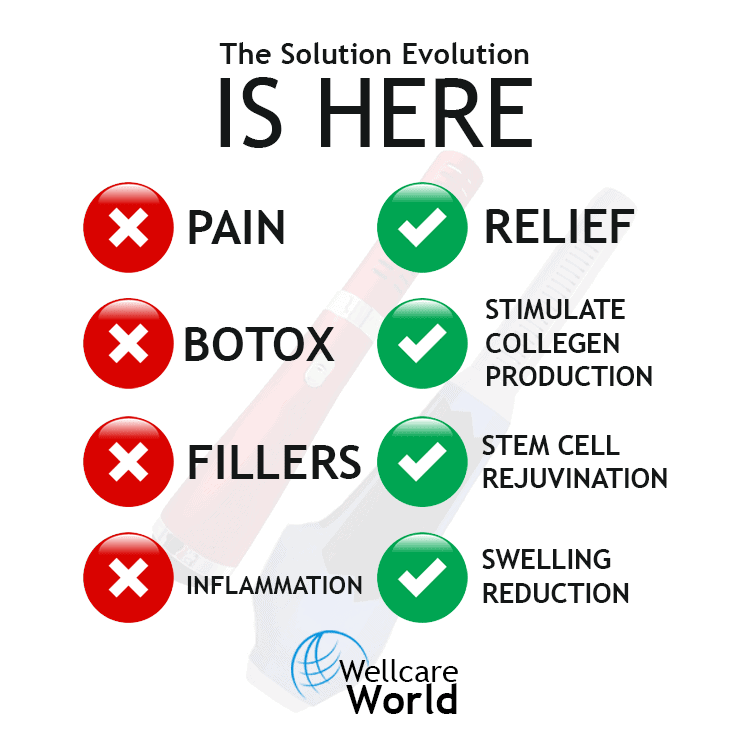
Even Moderate Drinking Is Not Good for Your Health
Decades of conflicting reports seem to have finally resolved into a clear, buzz-killing picture, while yet another study confirms it:
No amount of alcohol consumption will protect against disease or extend
your lifespan, according to a sweeping review published in late March.
The meta-analysis, printed in the Journal of the American Medical Association, draws on more than a hundred studies involving nearly 5 million people.
“It’s our favorite recreational drug,” he says, adding some sobering advice. “Don’t kid yourself that it’s going to improve your health. The evidence for that is shakier and shakier as the research piles up.”
The French Paradox
The belief that alcohol in moderation is good for you originated in the 1980s with the so-called French paradox — despite their seemingly high-fat diet, men in France were unexpectedly free from cardiovascular disease.
Early research attributed the phenomenon to their fondness for wine, and although further investigation disproved it, the idea persisted.
Many subsequent studies pointed to a link between moderate alcohol consumption and general well-being, but as the adage goes, correlation does not imply causation.
Stockwell and his colleagues concluded that most previous estimates were riddled with biases, skewing the results to give alcohol more credit than it deserves.
Reinterpreting the Health Effects of Alcohol
In those studies, the relationship between alcohol and all-cause mortality — death by everything from disease to injury — has typically appeared as a J-shaped distribution curve.
The tail represents abstainers, at relatively high-risk; the dip represents moderate drinkers, at lowest risk; and from there the slope rises steadily, as risk increases with every glass. But this version of the story is misleading, Stockwell says.
For one, the comparison with abstainers is unfair.
That category often includes former drinkers who gave it up due to illness. Others who forgo alcohol may not be able to afford it, and lower socioeconomic status comes with a host of health challenges.
On the flip side, anyone who limits themselves to a drink or two regularly probably has a long list of advantages. They are likely to be wealthier, better educated and more physically active, for example.
In other words, “It’s not the moderate drinking that’s healthy, it’s the moderate drinker,” says Aaron White, senior scientific advisor to the director at the National Institute on Alcohol Abuse and Alcoholism, who was not involved in the study.

Fixing the Flaws
When the authors of the new analysis adjusted for these factors, removing the bias as well as possible, the dip in the J (that is, the risk of death for moderate drinkers) sprang up much closer to the height of the tail.
Alcohol’s protective effect all but disappeared.
They weren’t able to fully correct the flaws of previous studies, however, so even the updated results must be taken with a grain of salt.
“My gut feeling,” Stockwell says, “is that when we do better research, we’ll find that we’ve been underestimating alcohol’s risk at every level.”
Effects Alcohol Has on the Body
The moment you ingest any amount of ethanol, he believes, you boost your chance of cancer, liver disease and myriad other health problems.
That’s not to say the occasional drink is a death sentence — small servings, small danger might be a good rule of thumb.
In White’s view, it just means you should consider alcohol like cake, or anything else that’s pleasurable but has potentially harmful side effects.
“If you enjoy it and you’re willing to take the risk,” he says, there’s no need to swear it off entirely.
More Convincing Research
The JAMA study isn’t the first to cast doubt on alcohol’s role in health.
Last year a team of MIT and Harvard researchers analyzed genetic and medical data for nearly 400,000 people, and found that even small amounts of alcohol were linked to heart disease, though the risk increased exponentially at higher levels.
One problem with most research to date, in addition to methodological biases, is that it was based on observational studies, which can’t prove cause and effect.
Genetic evidence adds much-needed diversity to the field’s literature, Stockwell says.
Designing the Perfect Trial
The gold standard would be a randomized controlled trial, in which participants volunteer to maintain consistent drinking habits — some would abstain, others would have a drink a day, others two or three.
By tracking them over the course of their lives, researchers would glean far more accurate information. Such a project would be almost prohibitively expensive.
The National Institutes of Health began a similar effort in 2013, then shut it down in 2018 amid concerns that NIH officials had compromised their impartiality as they sought $100 million in funding from the world’s largest brewer, Anheuser-Busch InBev and Heineken.
Historically, many studies demonstrating the health benefits of moderate drinking have been funded by the alcohol industry, leading some experts to question their results based not only on methodology, but also on conflict of interest.
A Sobering Consensus
Despite the difficulties of conducting ideal research at the proper scale, scientific consensus seems to have settled decisively.
Even red wine — which contains the antioxidant resveratrol and was long thought to prevent coronary artery disease — has lost defenders.
In a policy brief published last year, the World Heart Federation declared unambiguously that “contrary to popular opinion, alcohol is not good for the heart.”
Dietary authorities have also grown more cautious in their messaging over the past decade.
The latest U.S. guidelines recommend no more than two drinks per day for men and one for women, adding that “even drinking within the recommended limits may increase the overall risk of death.”
Notably, though, the guidelines don’t advocate sobriety, per se. They state that no one should drink specifically to improve their health.
Alcohol Industry Response
Even industry representatives, who have historically portrayed moderate drinking as part of a well-balanced life, now echo this point.
Amanda Berger, vice president for science and health with the Distilled Spirits Council, criticized certain aspects of the new research but conceded that “no one should drink alcohol to obtain potential health benefits,” according to the New York Times.
There’s still something to be said for alcohol, in White’s opinion, when you factor in the enjoyment it brings some people.
But as for its direct effect on our health, “the conversation is really changing,” he says. “Alcohol is not good medicine, and I think that is ultimately what we’re seeing here.”
By Cody Cottier

Offered by our Wellcare World friend at
Trending Also -> Physiotherapy Terahertz Technology TeraMD
Wellcare World specializes in providing the latest advancements in wellness technology, supplementation, and lifestyle changes that improve health and increase the quality of people's lives. To learn more, visit WellcareWorld.com and begin living a better life today.
Share Us With Others





